Anatomy Of The Posterior Neck
Clinical anatomy for dummies. The inferior belly crosses the posterior triangle travelling in an supero medial direction.
 Head And Neck Anatomy Posterior Triangle Of The Neck
Head And Neck Anatomy Posterior Triangle Of The Neck
The posterior triangle or lateral cervical region is a region of the neck.

Anatomy of the posterior neck. The posterior triangle of the neck contains many muscles which make up the borders and the floor of the area. The nodes along the accessory are the first echelon for the nasopharynx and second echelon for the areas drained by the anterior. The roof is formed by fascia and the floor is formed by the splenius capitus levator scapulae and scalene muscles.
The splenius capitis originates on the spinous processes of the vertebra the spinous processes of c7 to t4 and it inserts onto the back of the skull on the mastoid process and just below the superior nuchal line on the occipital bone. Muscles of the neck posterior triangle prevertebral and lateral muscles. Those that are found along the accessory nerve and those related to the thyrocervical vessels.
The posterior border of sternocleidomastoid and the anterior border of trapezius form the anterior and posterior borders of the posterior triangle of the neck respectively. The clinical aspect of the anatomy contained in the posterior neck triangle is useful for a wide variety of medical specialties including anesthesiology otolaryngology physical medicine and rehabilitation and others. Explore and learn about the muscles within the posterior triangle fo the neck with our 3d interactive anatomy atlas.
The neck also contains the thyroid and parathyroid glands the esophagus larynx and trachea and also a number of lymph glands. The base of the posterior triangle is formed by the middle third of the clavicle. The posterior neck triangle is a clinically relevant anatomic region that contains many important vascular and neural structures.
A significant muscle in the posterior triangle region is the omohyoid muscle. Anatomy of the neck the neck contains a number of overlapping muscles blood vessels nerves and myriad structures all contained in a small space and liable to damage and distress. Posterior nodes the posterior triangle contains lymph nodes that are arranged into two groups.
The borders of the posterior triangle of the neck are formed by the trapezius muscle posteriorly the sternocleidomastoid muscle anteriorly and the omohyoid muscle inferiorly. It is split into two bellies by a tendon.
 Muscular Anatomy And Soft Tissue Headandcervicalspine
Muscular Anatomy And Soft Tissue Headandcervicalspine
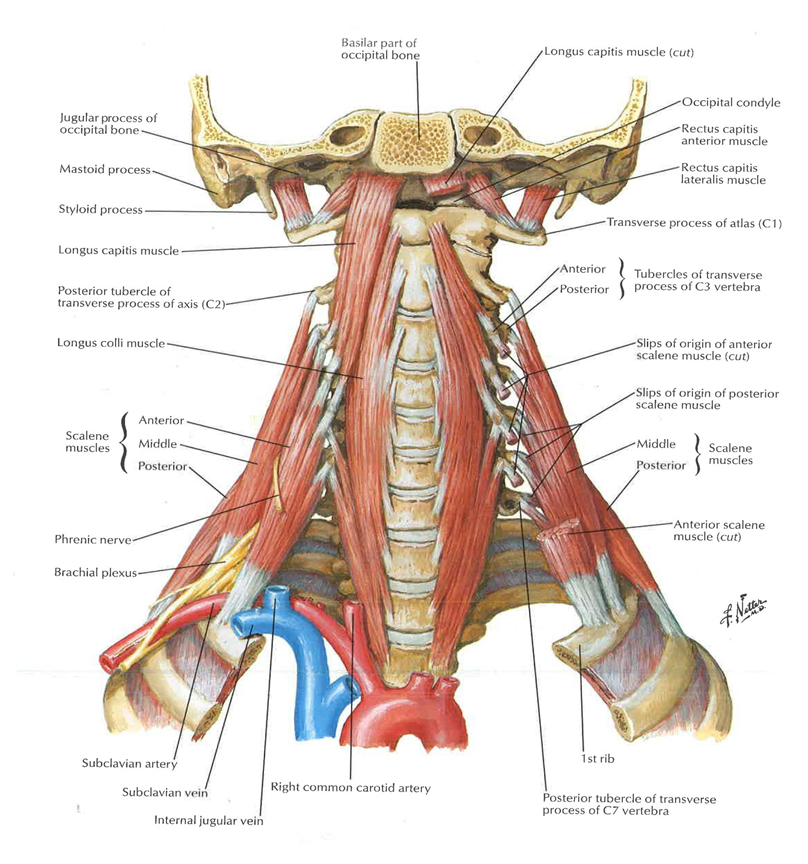
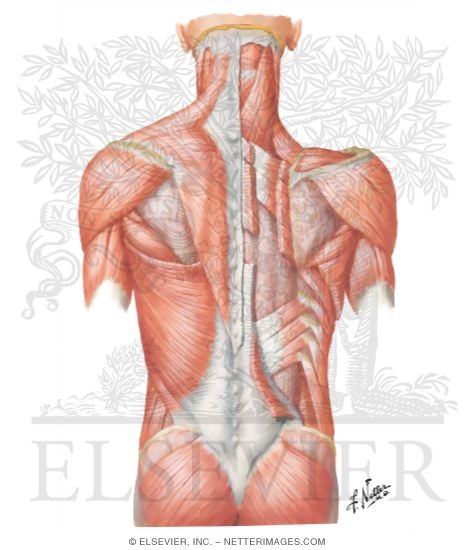 Muscles Of Back Superficial Layers Superficial Muscles
Muscles Of Back Superficial Layers Superficial Muscles
 Lecture 3 Posterior Triangle Of The Neck Optometry Basic
Lecture 3 Posterior Triangle Of The Neck Optometry Basic
 8 Muscles That Cause Neck Pain At Your Desk And Causes
8 Muscles That Cause Neck Pain At Your Desk And Causes
 Anatomy Of The Cervical Spine And Neck Neck Anatomy
Anatomy Of The Cervical Spine And Neck Neck Anatomy
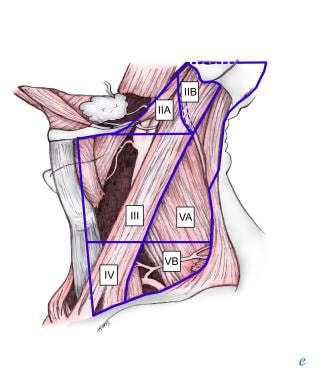 What Is The Anatomy Of The Level V Group Of Lymph Nodes In
What Is The Anatomy Of The Level V Group Of Lymph Nodes In
 Anatomy Of The Structures In The Neck Part 1 Medicine
Anatomy Of The Structures In The Neck Part 1 Medicine
 Anatomic Relationships Lateral Neck Throat Anatomy Human
Anatomic Relationships Lateral Neck Throat Anatomy Human
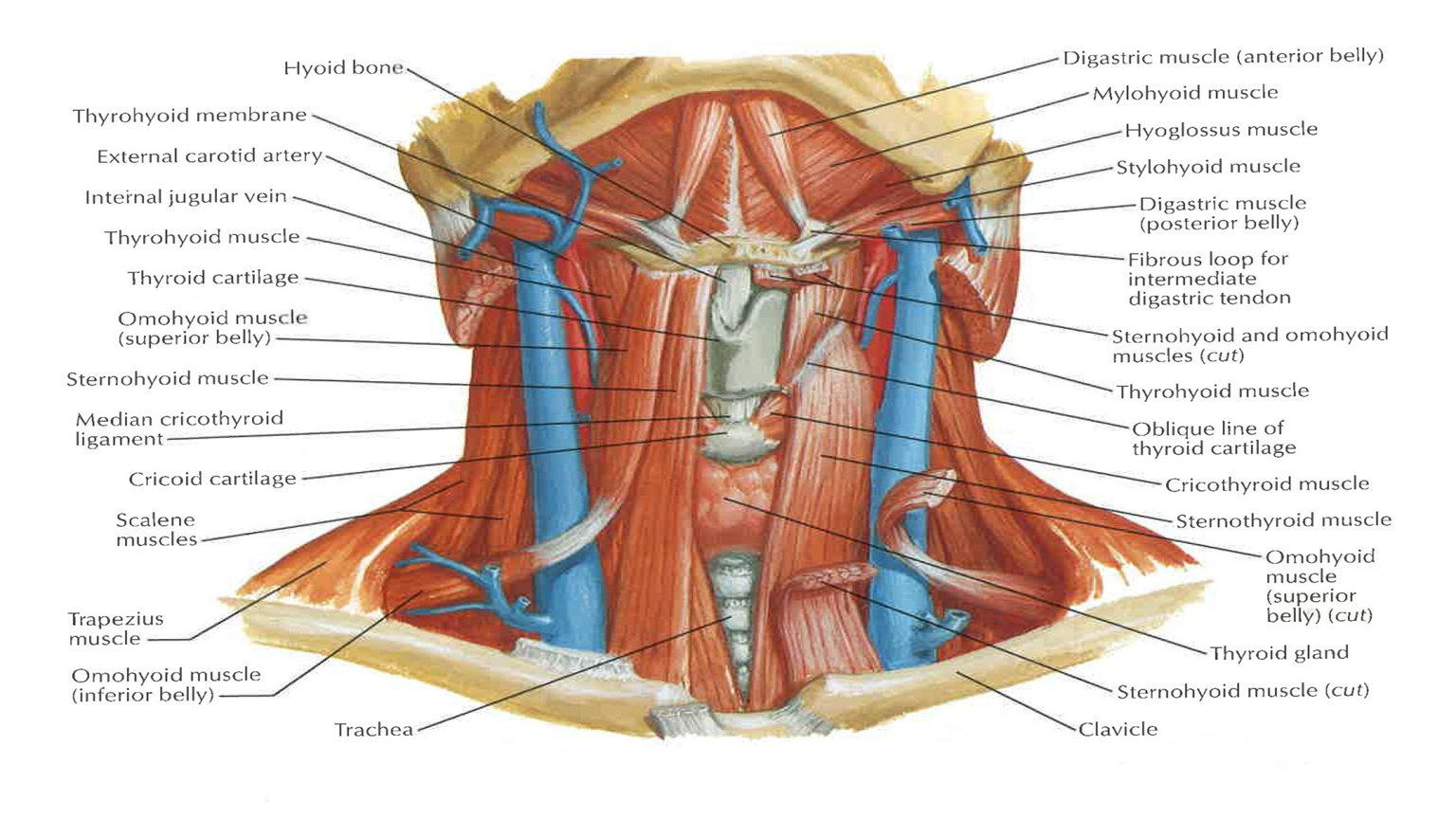
 Chapter 26 Triangles And Root Of The Neck The Big Picture
Chapter 26 Triangles And Root Of The Neck The Big Picture
:watermark(/images/watermark_5000_10percent.png,0,0,0):watermark(/images/logo_url.png,-10,-10,0):format(jpeg)/images/atlas_overview_image/1241/kvHhnCvRBbUcuMNwiE9Zbg_triangles-of-the-neck_english.jpg) Head And Neck Regions And Anatomy Kenhub
Head And Neck Regions And Anatomy Kenhub
 Neck Muscles Anatomy Posterior Triangle Prevertebral And Lateral Muscles
Neck Muscles Anatomy Posterior Triangle Prevertebral And Lateral Muscles
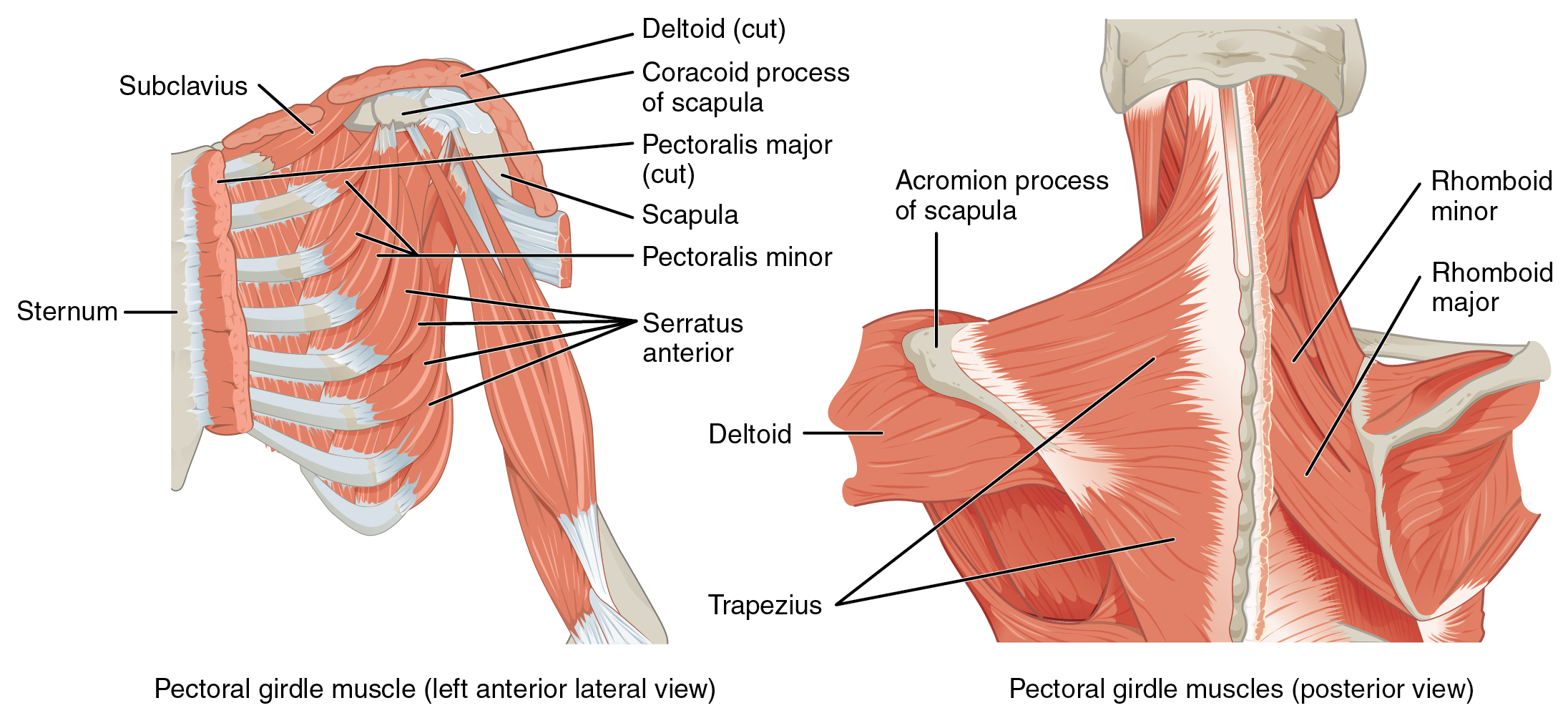 Extrinsic Back Muscles Anatomy Online Medical Library
Extrinsic Back Muscles Anatomy Online Medical Library
 Trigger Point Therapy 5 Step Neck Technique Nielasher Com
Trigger Point Therapy 5 Step Neck Technique Nielasher Com
 Cervical Motor Control Part 1 Clinical Anatomy Of Cervical
Cervical Motor Control Part 1 Clinical Anatomy Of Cervical
 Boundaries And Divisions Of The Anterior Triangle Anatomy
Boundaries And Divisions Of The Anterior Triangle Anatomy
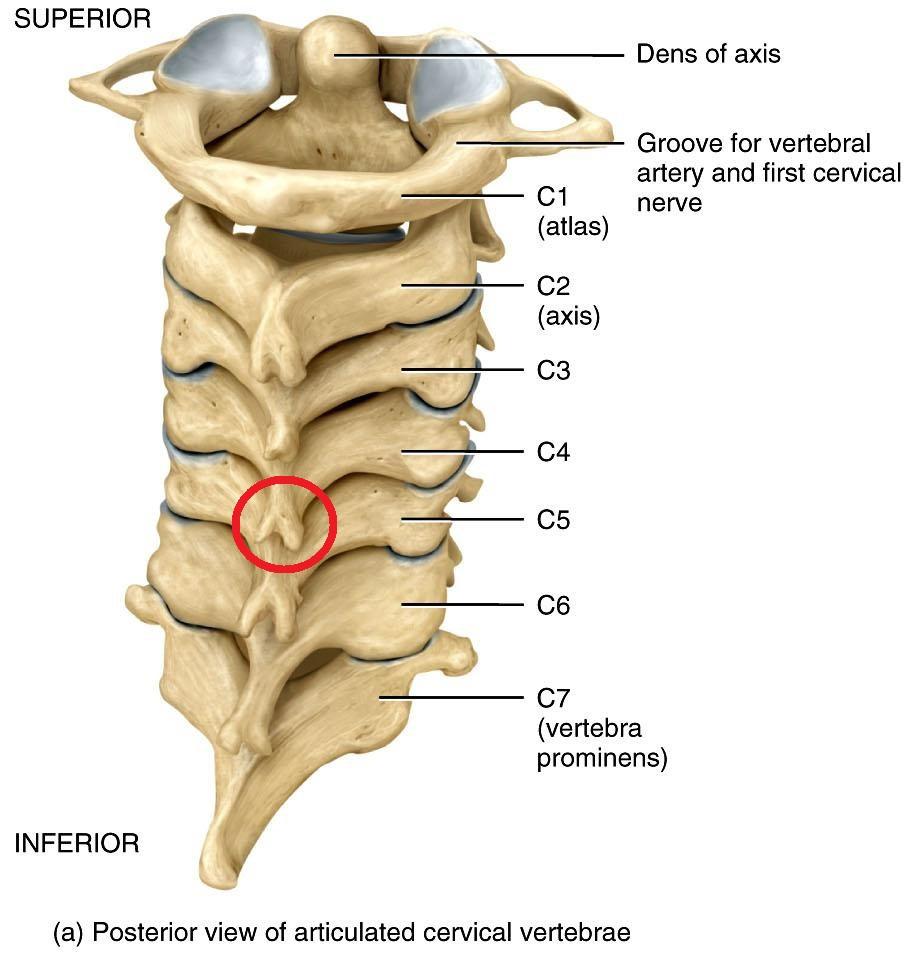 Cervical Spine Anatomy Clinical Significances Anatomy Info
Cervical Spine Anatomy Clinical Significances Anatomy Info
Cervical Motor Control Part 1 Clinical Anatomy Of Cervical
 Posterior Auricular Artery An Overview Sciencedirect Topics
Posterior Auricular Artery An Overview Sciencedirect Topics
 Posterior Triangle Of Neck Anatomy Qa
Posterior Triangle Of Neck Anatomy Qa
 Anatomy Of The Head And Neck Medical Illustrations Showing
Anatomy Of The Head And Neck Medical Illustrations Showing
:background_color(FFFFFF):format(jpeg)/images/library/12060/Img.jpg) Anatomy Of The Back Spine And Back Muscles Kenhub
Anatomy Of The Back Spine And Back Muscles Kenhub
Human Neck Useful Notes On The Posterior Triangle Of Human


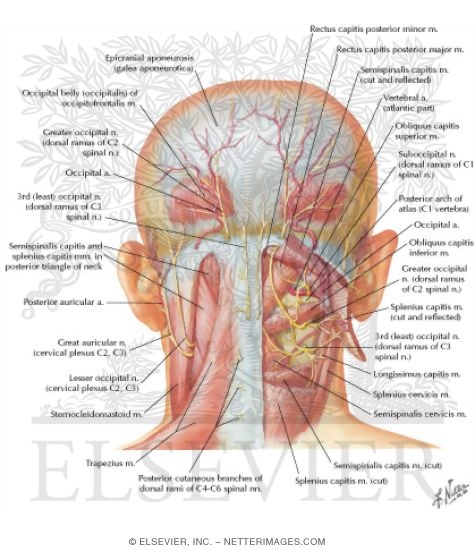


Belum ada Komentar untuk "Anatomy Of The Posterior Neck"
Posting Komentar